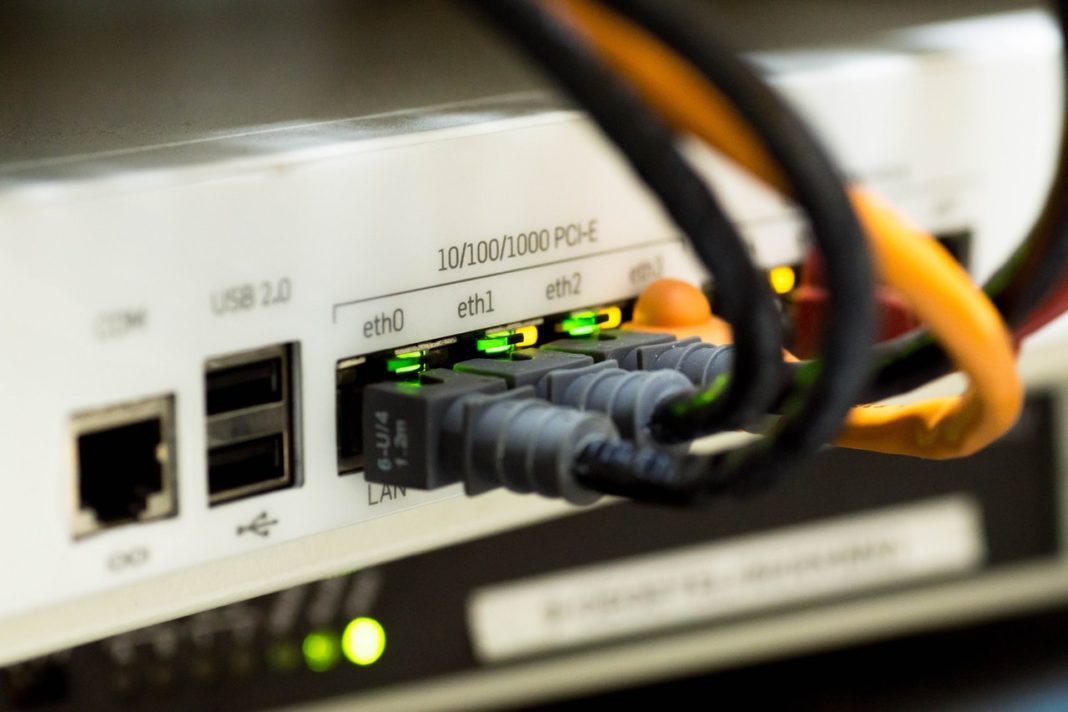When it comes to business, there are multiple aspects to consider. Everything from operational details to business reputation, from marketing campaigns to data protection, comes under the business agenda.
A company has to ensure the confidentiality, anonymity, and privacy of data to keep the business reputation on point. However, people make some common mistakes that increase the risk of cybersecurity breaches.
For example, if you are browsing movies on the piratebay, and you don’t use a VPN. It increases your chance of breaching your online protection. That’s why in this article we will talk about some common mistakes users must avoid while browsing the internet.
Common Cybersecurity Mistakes Users Need To Avoid
The recent research report published by AV-Test Institute shows that more than 390,000 malware are detected every day. It gives hackers ample opportunities to pick their target and breach their firewall.
However, if you stay cautious and don’t make any mistakes, hackers won’t be able to target you. Let’s find out the common mistakes people make when it comes to cybersecurity:
1: Putting Weak Passwords
It is probably one of the most common mistakes people make as they surf the internet. Therefore, keeping your online drives and attachments password protected is essential.
However, you should use a unique and robust password combining letters, numbers, and symbols to make it hard for hackers to guess.
If you put your contact number or date of birth as a password, it becomes pretty apparent for hackers. Hence, use a unique password, and if needed, write it down somewhere.
You should also change your password frequently to ensure better protection of your online accounts.
2: Clicking Questionable Links
Amateur internet users often make the mistake of clicking on questionable links. Unfortunately, clicking on these links lets the malware enter your system. Thus, hackers access your personal information such as your photos, contact details, chats, etc.
If you want to stay safe, make sure you never click on any link that comes from an unknown website. The most genuine links generally appear at the top of Google search results, but if you still doubt the legitimacy of a site, don’t click on them.
3: Not Updating Software
Since technology is advancing rapidly, it requires you to stay updated with the advancement. That’s why you should continually update your software and give it the utmost security to ensure no amount of security threat can breach your firewall.
Don’t ever delay the software updates because the more you delay it, the more chances you have of security breaches. If you don’t download the software updates, you leave your system open to data breach attacks.
4: Responding To Phishing Emails
We all have fallen victims to the traps of phishing emails. You know it’s those messages that show that you have won $100,000 in a lottery, or you have won a car. Unfortunately, when you respond to those emails, they ask for your bank account number so that they can deposit the money.
Sounds too good to be true, right? You are absolutely right. These are the phishing emails that you should never respond to. When you get these, delete them right away.
You can also check the sender, and if the email address seems legitimate to you, click on that; else, don’t open it.
5: Using Public WiFi
We know you love it when you enter a mall, and there’s free WiFi for you to use. You can download multiple movies and large games on your phone without wasting your mobile data.
However, since these WiFi networks are public, they don’t have a lot of security. As a result, hackers often pry on these public networks to access people’s phones and breach their security details.
Therefore, don’t ever access the public WiFi except for your office’s one.
6: Downloading Unsolicited Antivirus Software
‘Your Computer is at risk. Download this Antivirus Now.’
Haven’t we all got these threats when we browse the internet?
We have. However, downloading this unsolicited antivirus software always increases your chance of a security breach. This is because hackers send these alerts to people, and when someone downloads them, they get a chance to send malware to those systems.
Always listen to the antivirus that is already installed on your computer. You can even install them with pop-up blockers so that you don’t panic with these sudden threats.
7: Not Focusing On Cybersecurity Training For Workers
Companies often make the mistake of not familiarizing employees with cybersecurity threats. As a result, everyone doesn’t have proper experience in cybersecurity, which is why they may end up clicking questionable links or downloading unsolicited software.
This is why business managers must make employees aware of cybersecurity threats. Thus, they will think twice before clicking on these malware links and compromising the company’s security protocol.
Signing Off
We have enlisted some common cybersecurity mistakes people make as they work online. If you keep a close tab on your online activity, you may notice these common mistakes and prevent them from occurring.
If you have further queries regarding the topic, let us know in the comment box.














